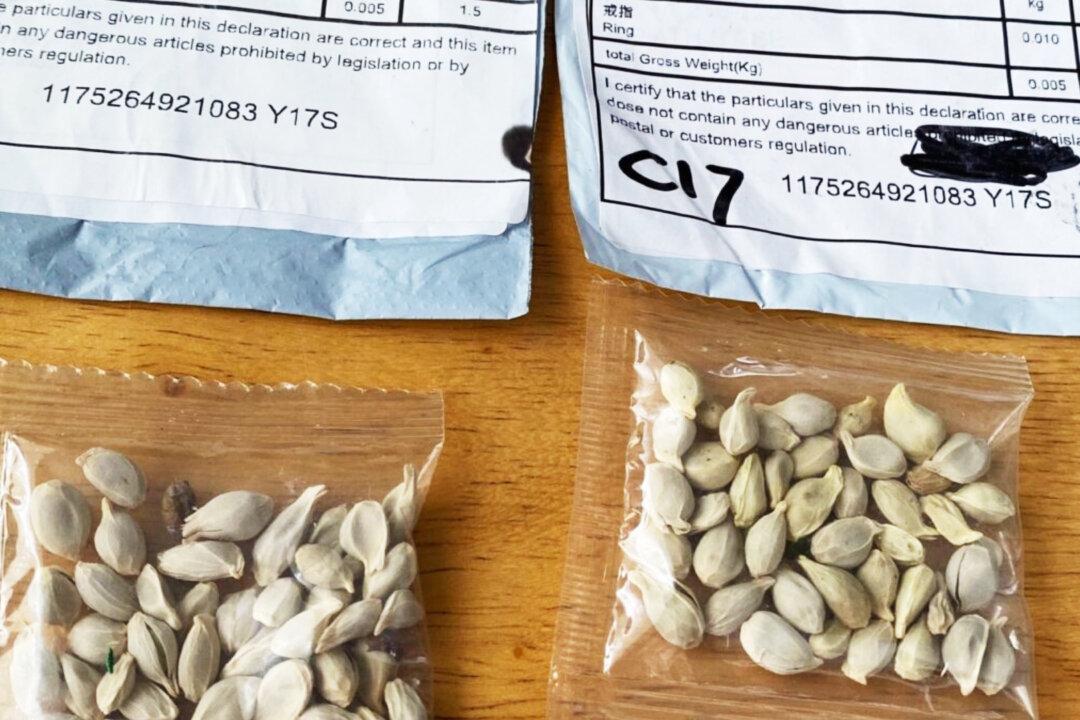U.S. Sens. Debbie Stabenow (D-Mich.) and Gary Peters (D-Mich.), are calling for a coordinated federal effort to immediately detect unsolicited seeds and prevent them from entering the United States.
Stabenow, the Ranking Member of the Senate Committee on Agriculture, Nutrition, and Forestry, and Peters, the Ranking Member of the Senate Homeland Security and Governmental Affairs Committee, urged federal officials from U.S. Customs and Border Protection, the U.S. Postal Service, and the U.S. Department of Agriculture to coordinate their efforts to prevent any harm to U.S. food supplies and agriculture.





